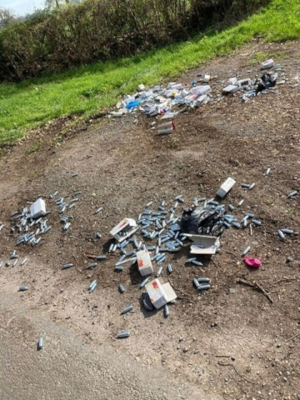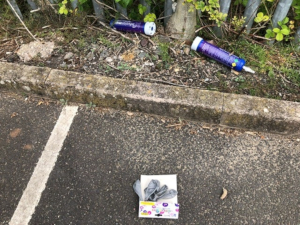Solihull Council is working with ward councillors, the West Midlands Police and Crime Commissioner, NHS health services and through its environmental team Love Solihull, to better understand who is using nitrous oxide, where they are using it and the extent of the issue.
The council is committed to reducing the harms from alcohol and drug use such as nitrous oxide, which is explained in the national Harm to Hope strategy.
Solihull Integrated Addiction Services (SIAS) who run alcohol and drug addiction support services on behalf of the council has developed a programme of work targeted at young people. It is looking to run engagement and awareness sessions with schools and youth organisations to explain the risks of nitrous oxide. In addition, SIAS is organising monthly litter picking in affected areas in collaboration with community groups such as Talking Rubbish.
Schools, youth organisations, and community groups can book sessions with SIAS via email
Training sessions are also available for professionals and volunteers working with teenagers and young adults.
To find out more about the work SIAS is doing you can visit their website.


